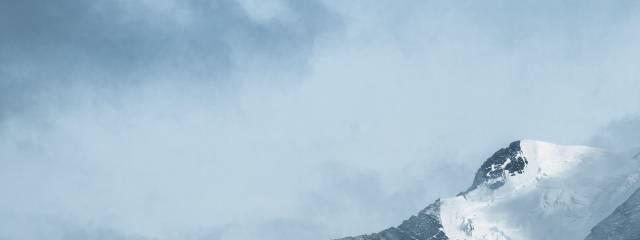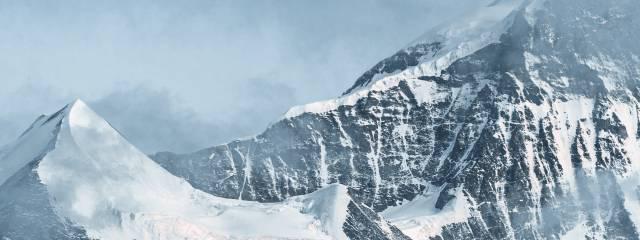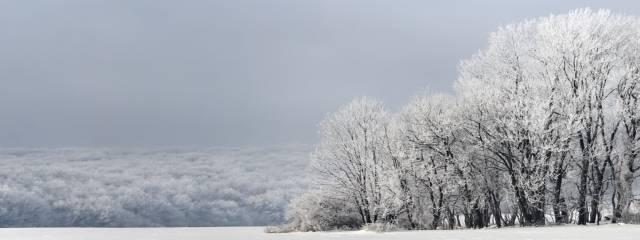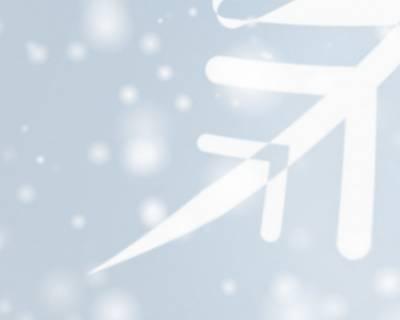| doctor | Yu Chang |
| alias | styleJia-yan akaXi-chang |
| dynasty | Ming to Qing, lived in 1585–1664 AD |
| works | wrote Shanglun Pian , Yimen Falu , Yuyicao |
A native of Xinjian, Jiangxi (ancient name Xichang), he was known in his later years as the Elder of Xichang. In the third year of the Chongzhen era (1630), he entered the capital as a tribute student on the supplementary list. He once submitted a memorial hoping to make a difference, but it was not accepted, leading him to shave his head and become a monk. Not long after, he grew his hair back and traveled around Jiangnan. In his later years, he devoted himself to writing, opened a hall to teach medicine, and delved deeply into medical theories, especially excelling in the cold-damage disease theory. He had many remarkable treatments in his lifetime, often achieving miraculous results, and his fame spread across the regions north and south of the Yangtze River, with many legends circulating among the people.
His "Autumn Dryness Theory" posited that the Neijing scripture's "autumn is harmed by dampness" was a mistake and should be "autumn is harmed by dryness." He provided an in-depth explanation of the disease mechanisms caused by dryness qi, suggesting that diseases caused by dryness qi are characterized by dryness: externally, the skin becomes dry and cracked; internally, body fluids are depleted, essence and blood dry up, muscles waste away, and skin clings to the bone. The disease is located in the lungs, with the mechanism being the lungs' loss of regulation. He created the Dryness-Clearing Lung-Rescuing Decoction to counteract dryness with moisture, focusing treatment on the lungs, and incorporating the nurturing of earth to generate metal within the gentle and moistening properties.
His "Great Qi Theory" proposed that the generation and movement of all things between heaven and earth originate from great qi. The lifting action and ceaseless movement of great qi are the root of all natural movements and changes. He emphasized the dependence of tangible things on intangible qi. Humans correspond to heaven and earth, and their life activities, including the processes of birth, growth, maturity, aging, and death, are closely related to their own great qi. The circulation of qi and blood, and all life activities, rely on the propulsion and maintenance of the great qi in the chest. The nature of great qi is the yang qi in the chest, gathered in the chest and surrounding the heart and lungs. It is different from the qi of Tanzhong (CV17), pectoral qi, Yingqi, and Weiqi, serving as the commander of all qi, with the functions of regulation and propulsion.
bubble_chart Other Related Items












